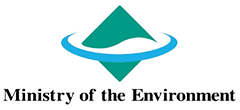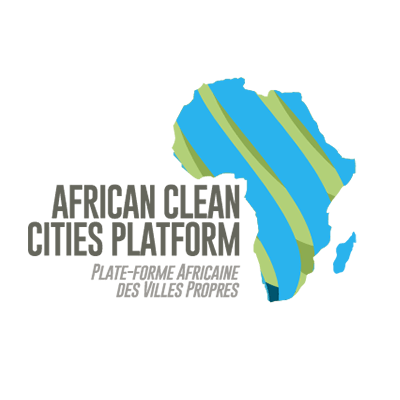ABOUT African Clean Cities Platform

African Clean Cities Platform (ACCP) is a knowledge sharing and investment promotion platform to achieve waste related Sustainable Development Goals (SDGs) by 2030 in rapidly urbanizing Africa.
ACCP was established in 2017 in Maputo, Mozambique, by representatives from 24 African countries together with the Ministry of the Environment of Japan, the Japan International Cooperation Agency (JICA), the City of Yokohama, the United Nations Environment Programme (UNEP) and the United Nations Human Settlements Programme (UN-Habitat). As of December 2021, 90 cities and 42 countries have become members of ACCP and various activities in the below listed action areas have been carried out since its establishment.
- ・MISSIONBy 2030, African countries realize clean and healthy cities and achieve the Sustainable Developing Goals (SDGs) on waste management
- ・VISIONTo provide an open platform to support African countries and cities to find their own measures and solutions for sound waste management and the achievement of SDGs
The urban population in Africa is increasing at a faster rate than any other continent (3.5% per annum).
Although waste generation is currently lower in Africa than in the developed world, Sub-Saharan Africa is forecast to become the dominant region globally in terms of total waste generation if current generation trends persist.
Estimated and projected world population by region

Total MSW generation by region

Waste generation in Africa, like in other developing regions in the world, is driven by population growth, rapid urbanization, a growing middle class, changing consumption habits and production patterns, and global waste trade and trafficking.
However, in many African countries, waste management policy is given a low priority. As a result, local governments lack budgets, competent staff, equipment, and facilities, leaving them with insufficient operation and management capabilities. Compared to Asian cities, sustainable generation of funding for maintaining hygiene in cities is difficult in African countries, in which average incomes are relatively low.








